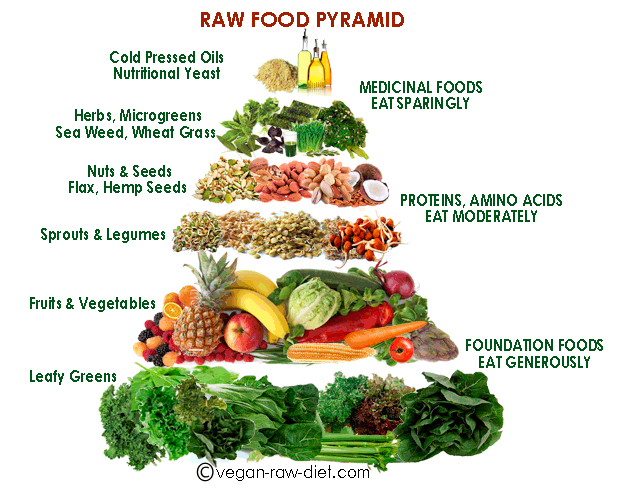
Cold Turkey Veganism: Why Plant Based Diets Are The New Thing
By Kaylin YoungDec. 18 2017, Published 6:25 p.m. ET
-“My New Year’s Resolution was to go vegan… I’ve started over a few times since January.”
“Did you see What the Health?!”
“I’m trying Beyoncé’s vegan diet this week – I need that ‘formation body’!”
“My New Year’s Resolution was to go vegan… I’ve started over a few times since January.”
“Did you see What the Health?!”
These are common phrases in the age of veganism. Whether it’s a celebrity trend or Netflix documentary, everyone seems to be trying out the plant-based diet. According to UK research firm, Global Data, veganism in the US has grown 350% since 2014 with those between ages 15 and 34 as the majority. Google trends also reported a 90% increase in ‘vegan’ related searches. As the numbers of the vegan population grow, studies are revealing the many reasons for the sudden health craze.
For a long time, ignorance was bliss. Ingredients were just scribble on the soup can and no one asked the butcher what their chicken was fed and how many hours they had in the sun before being chopped. Today, food inquiries are more than common. Health documentaries like What the Health, Food, Inc., and Fed Up reveal staggering statistics and the shocking physical evolution that happens when bad food choices are regularly exercised. These films encourage consumers to question their food origin and shy away from certain brands that are used as negative examples within the food industry.
When it comes to societal authority, celebrities and marketing influencers have ultimate control. The past few years have produced more plant-loving celebs like Beyoncé, Jay-Z and Jennifer Lopez. Their fans were soon to follow. While these high-profile celebrities can afford a live-in vegan chef, many cannot. In response to the surge of vegans, many blogs and food websites have provided specialty recipes and vegan lifestyle tutorials.

While there are legitimate benefits to consuming only things rooted in the earth, vegans often need to go to extra lengths to maintain a balanced diet without meat and dairy. Here are some things to look forward to if you are thinking of making the major switch:
Pros
1. Vegans have an improved health potential. This comes from the fact that a vegan diet is cholesterol-free and low in saturated fats. This also means a reduced risk of serious illness.
2. Vegans aren’t limited in restaurant or menu choices. Today, vegan spots can be found everywhere and most other restaurants are including meatless options for customers.
3. Vegans are saving the planet… sort of. If the demand for meat is reduced so is the number of animals killed for food.
Cons
1. Veganism does not always equal healthy. Some of the most unhealthy foods and snacks don’t even have meat or dairy in the ingredients. Case in point: bread, Oreos, soda.
2. Vegans are missing some crucial nutrients. Iron, Vitamin D and B12 are essential minerals that are often found in meats and dairy, but vegans have to find another way to include the supplement into their diet.
3. Vegan-bodies don’t adapt overnight. Quitting meat cold-turkey (no pun intended) can be a shock to ones’ body. Often, people transitioning to veganism will experience dizziness, weakness and feeling lethargic in the first few weeks as their bodies adjust to new consumption patterns.

